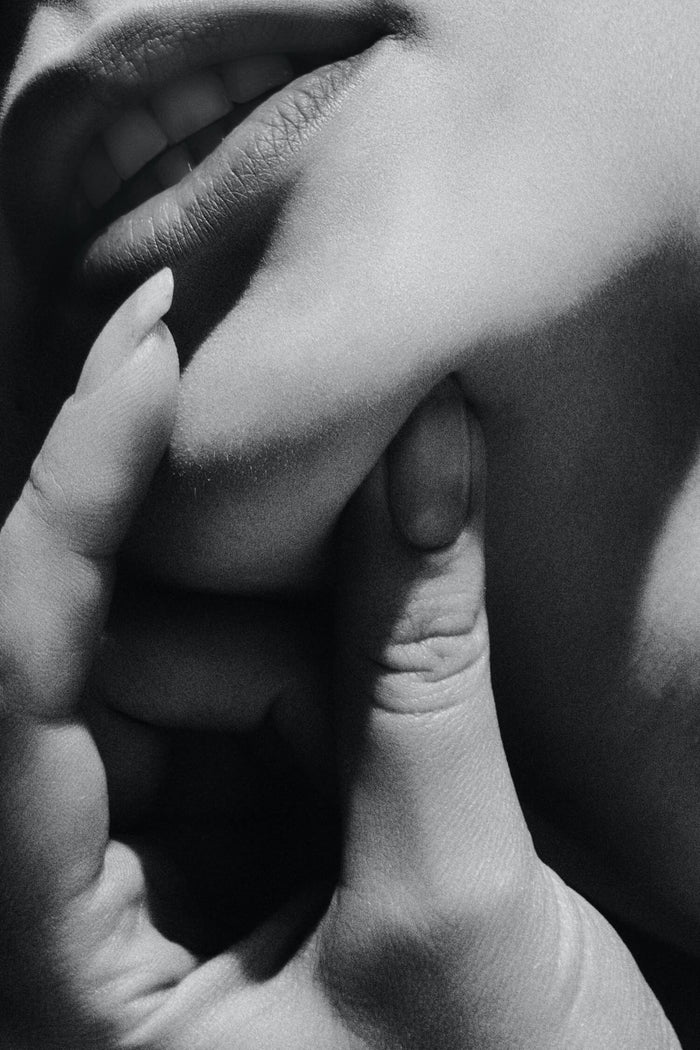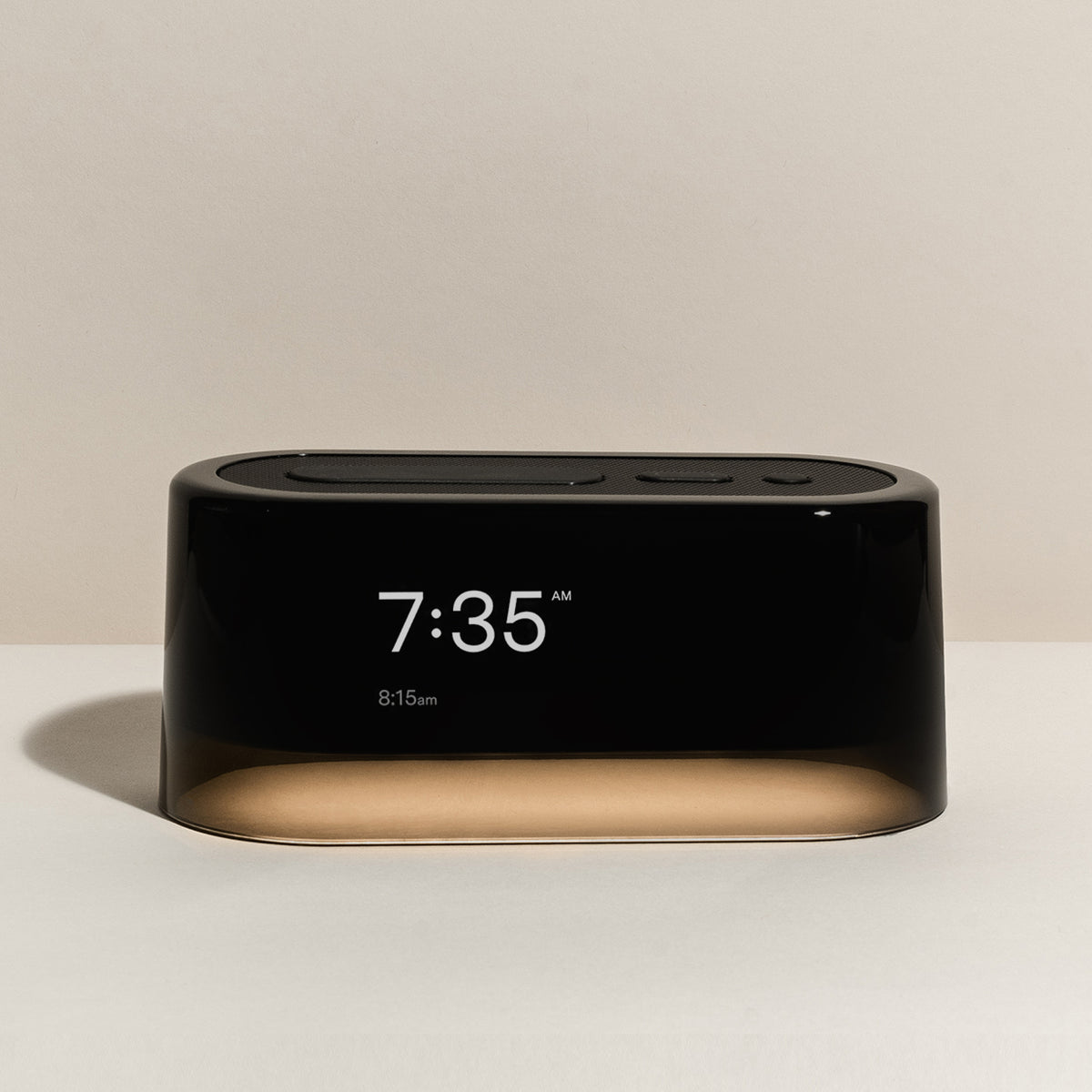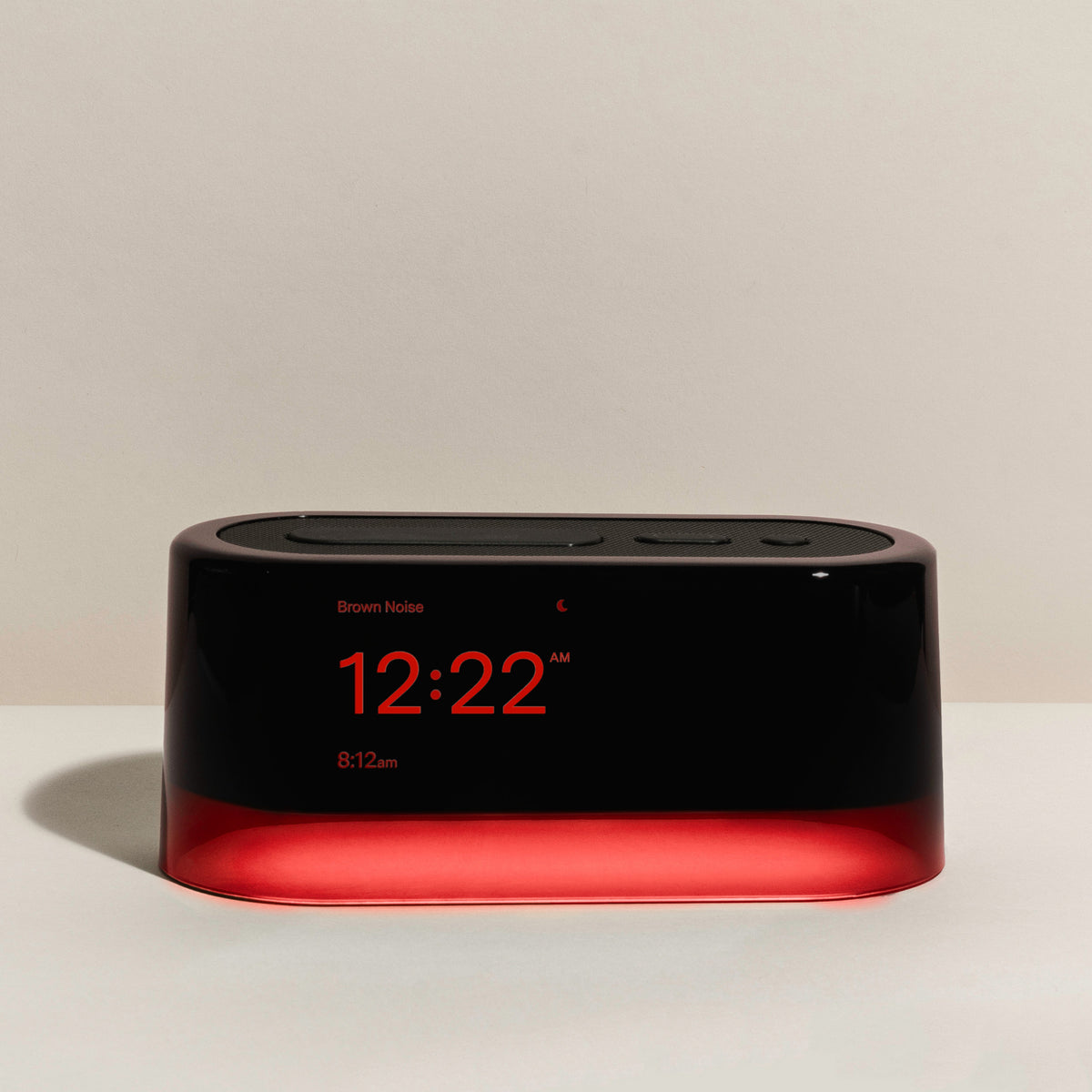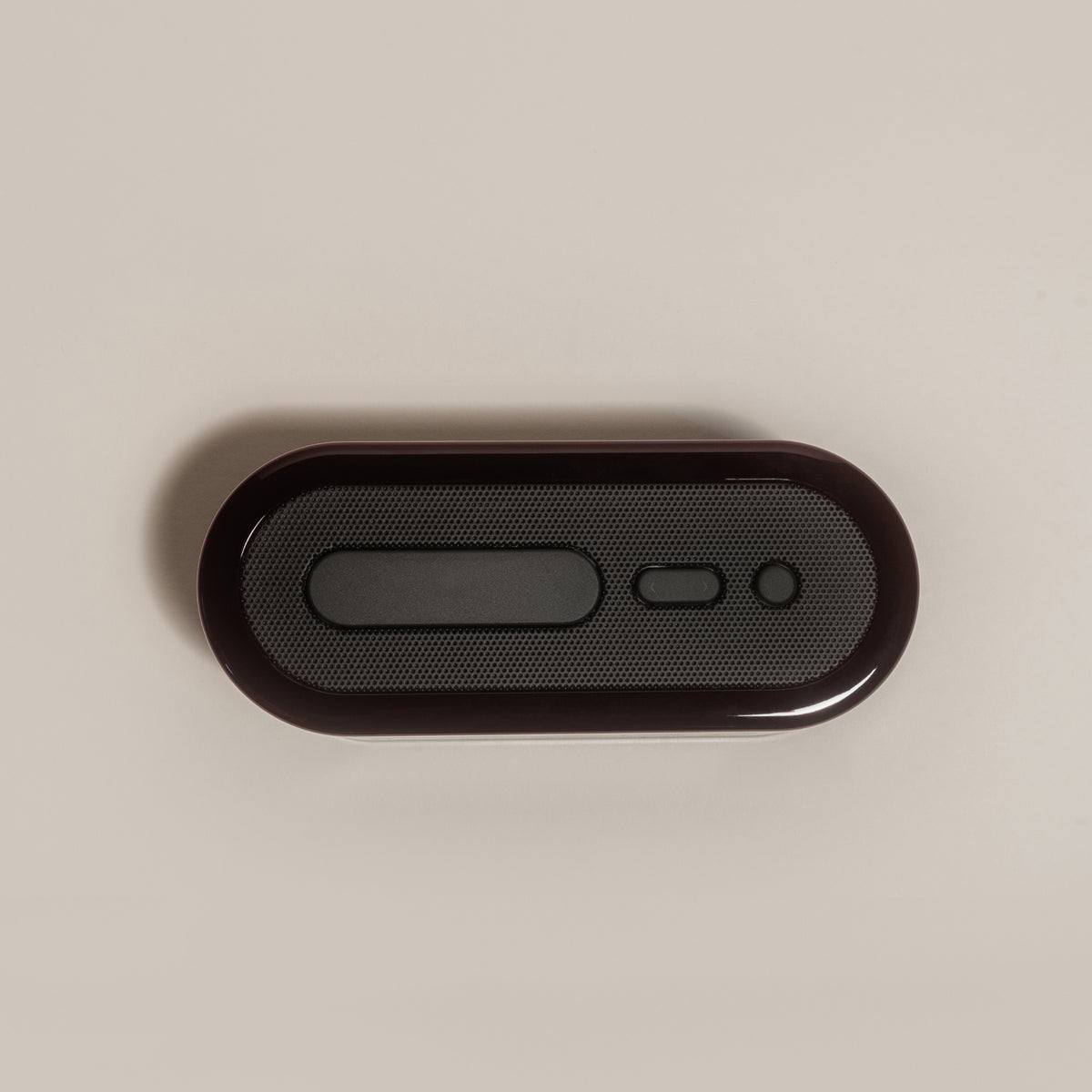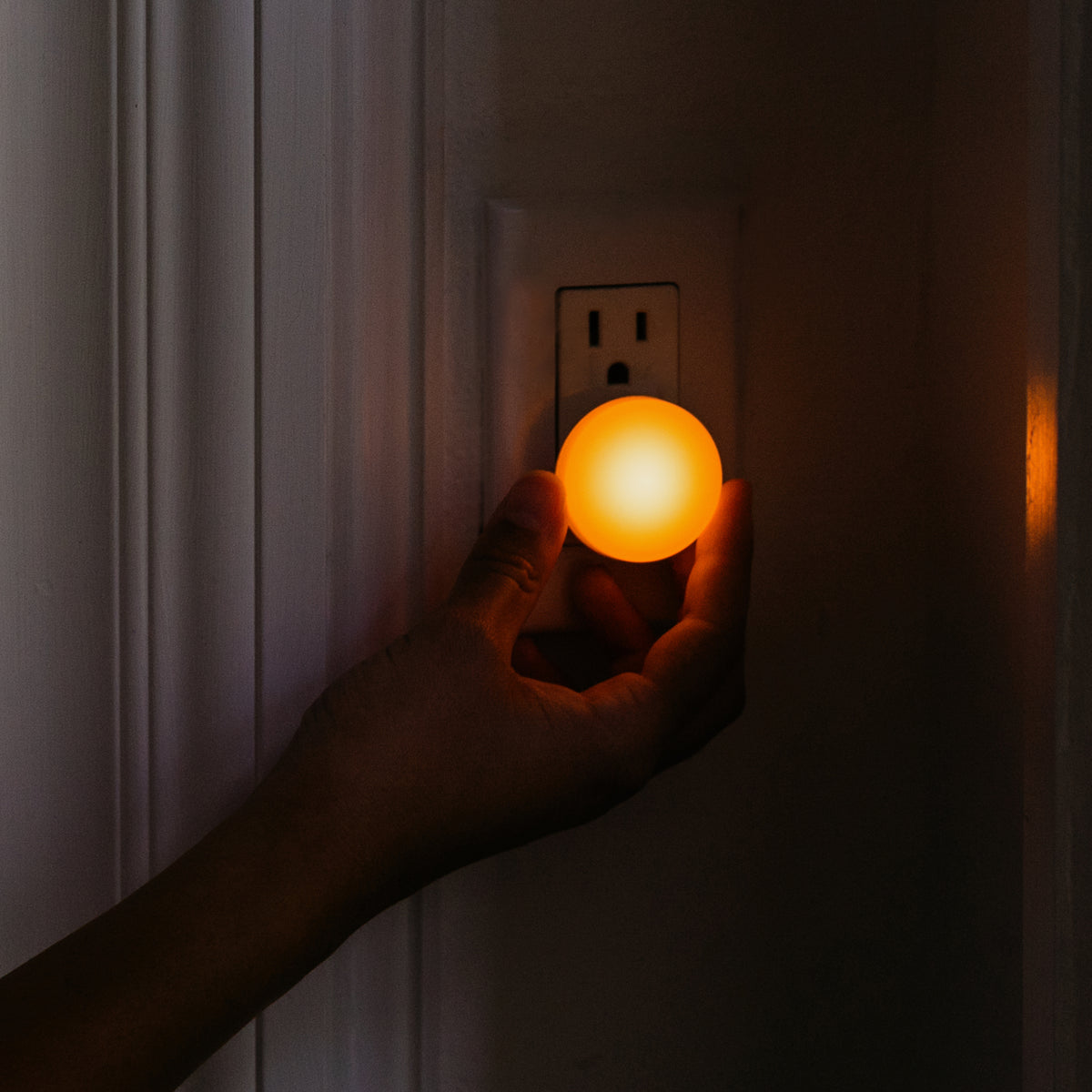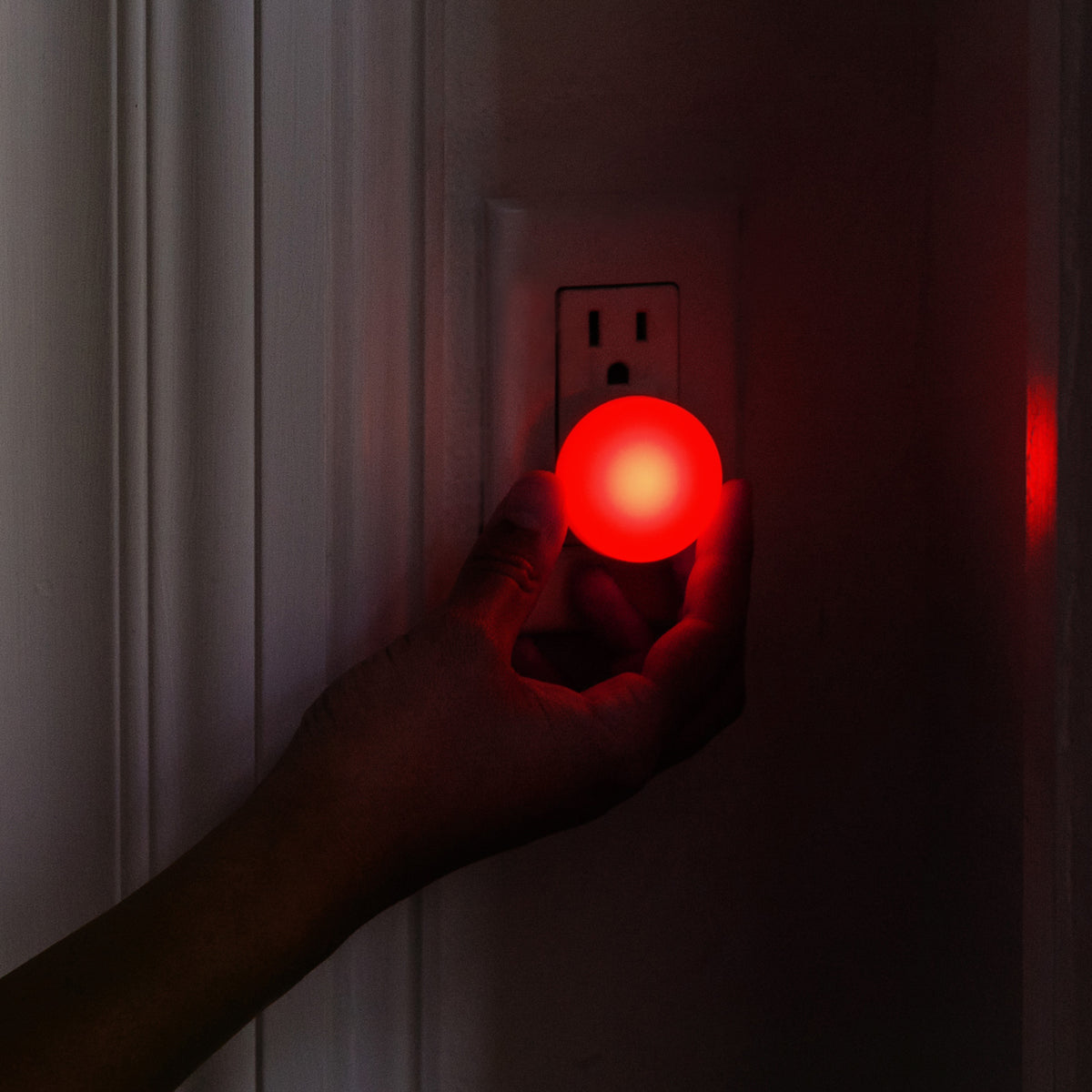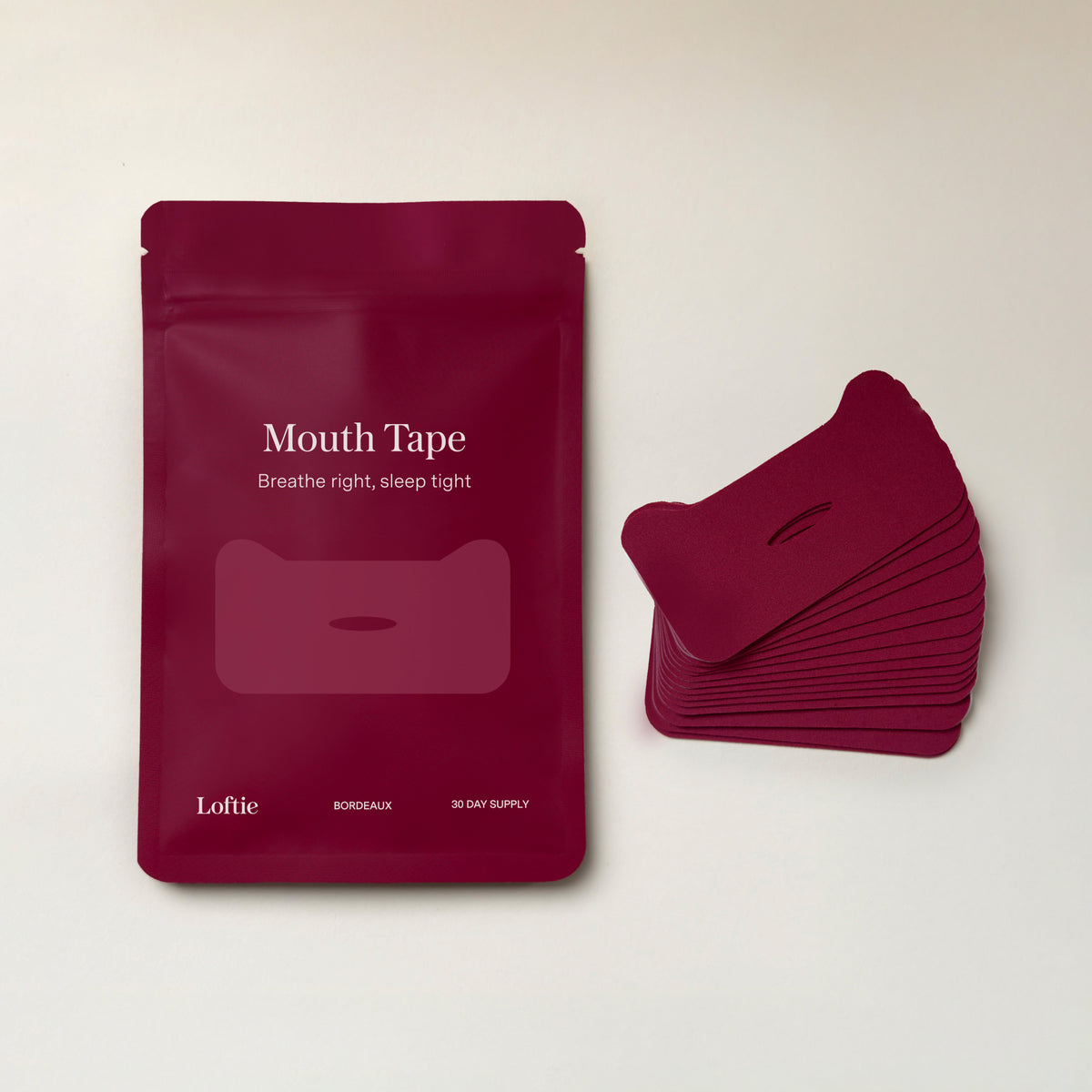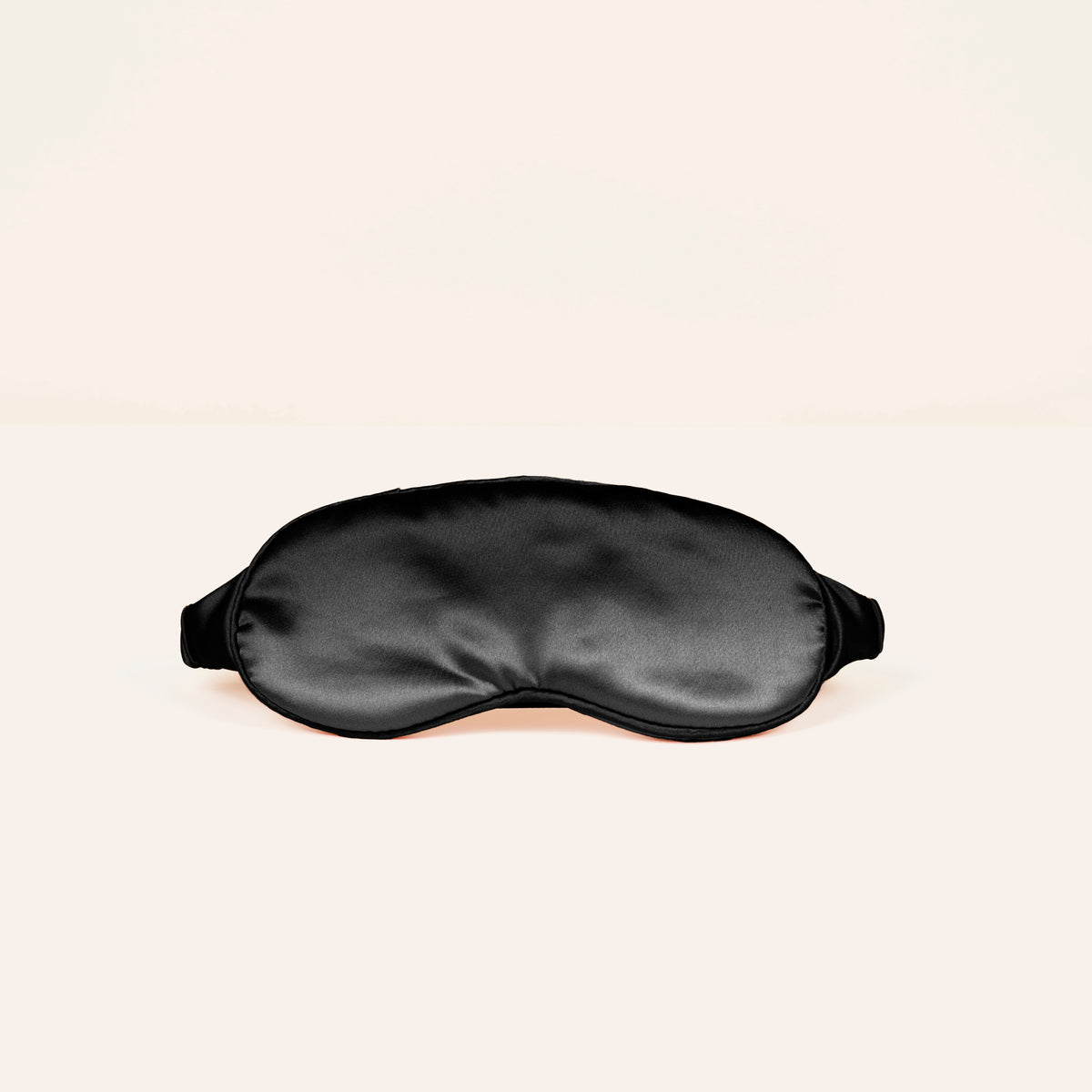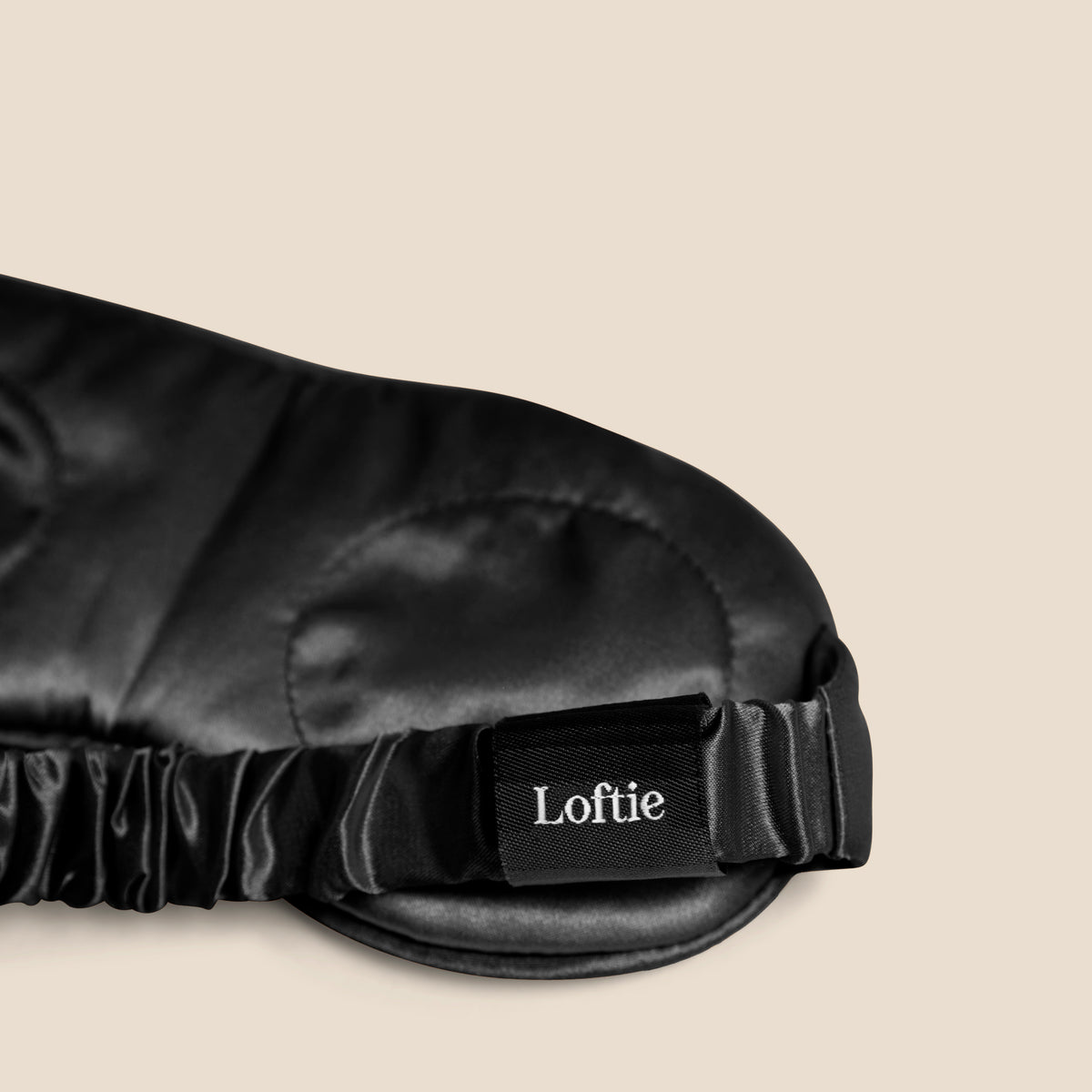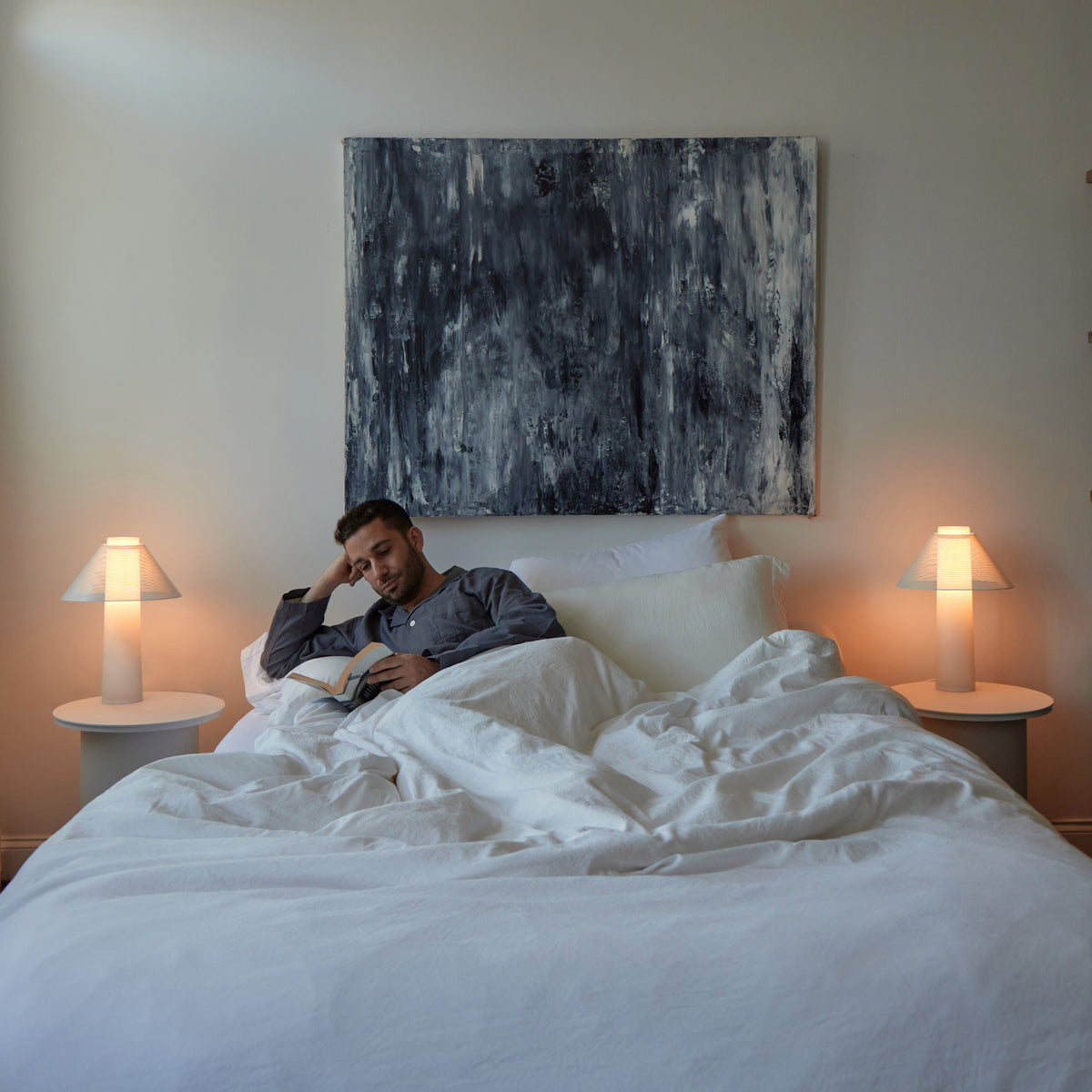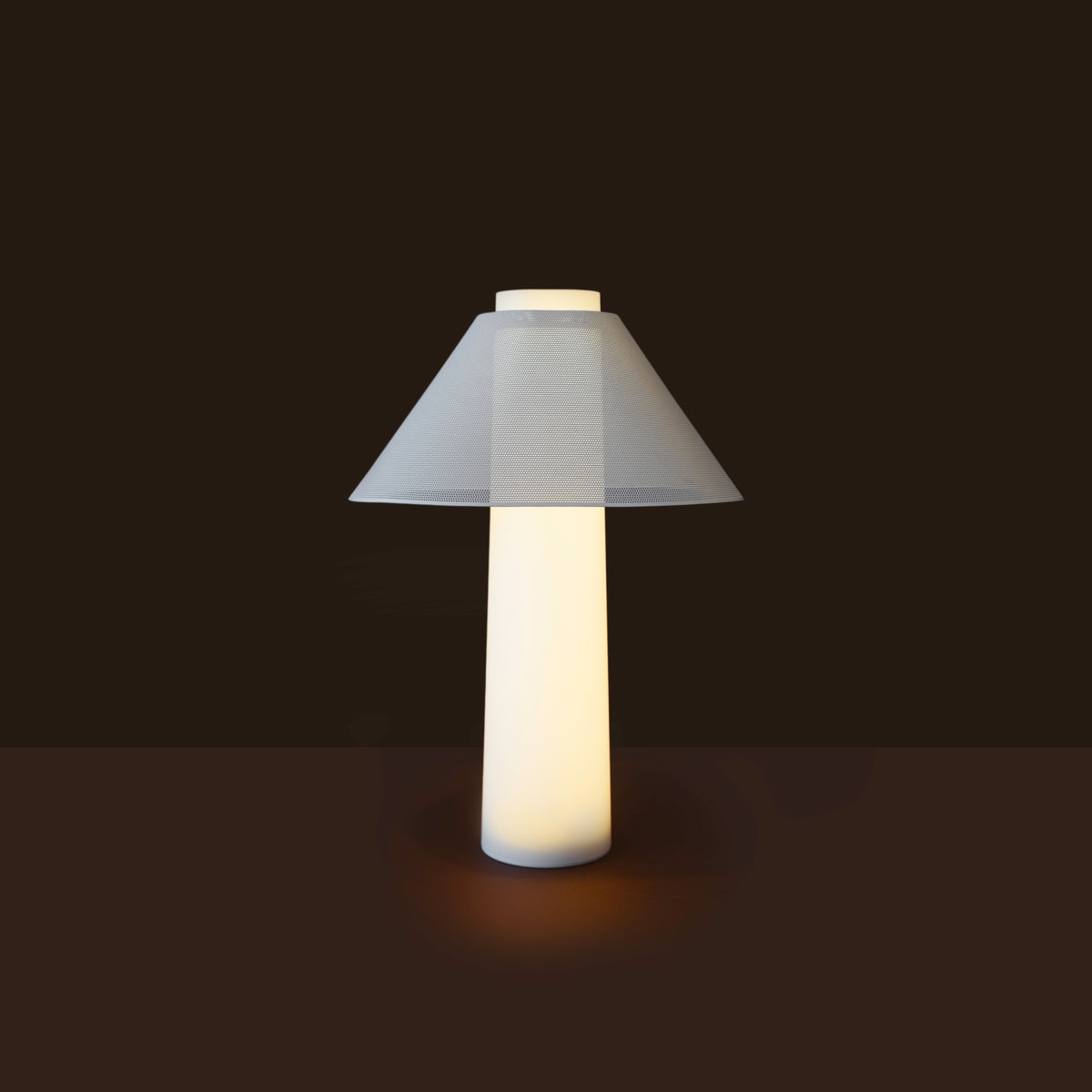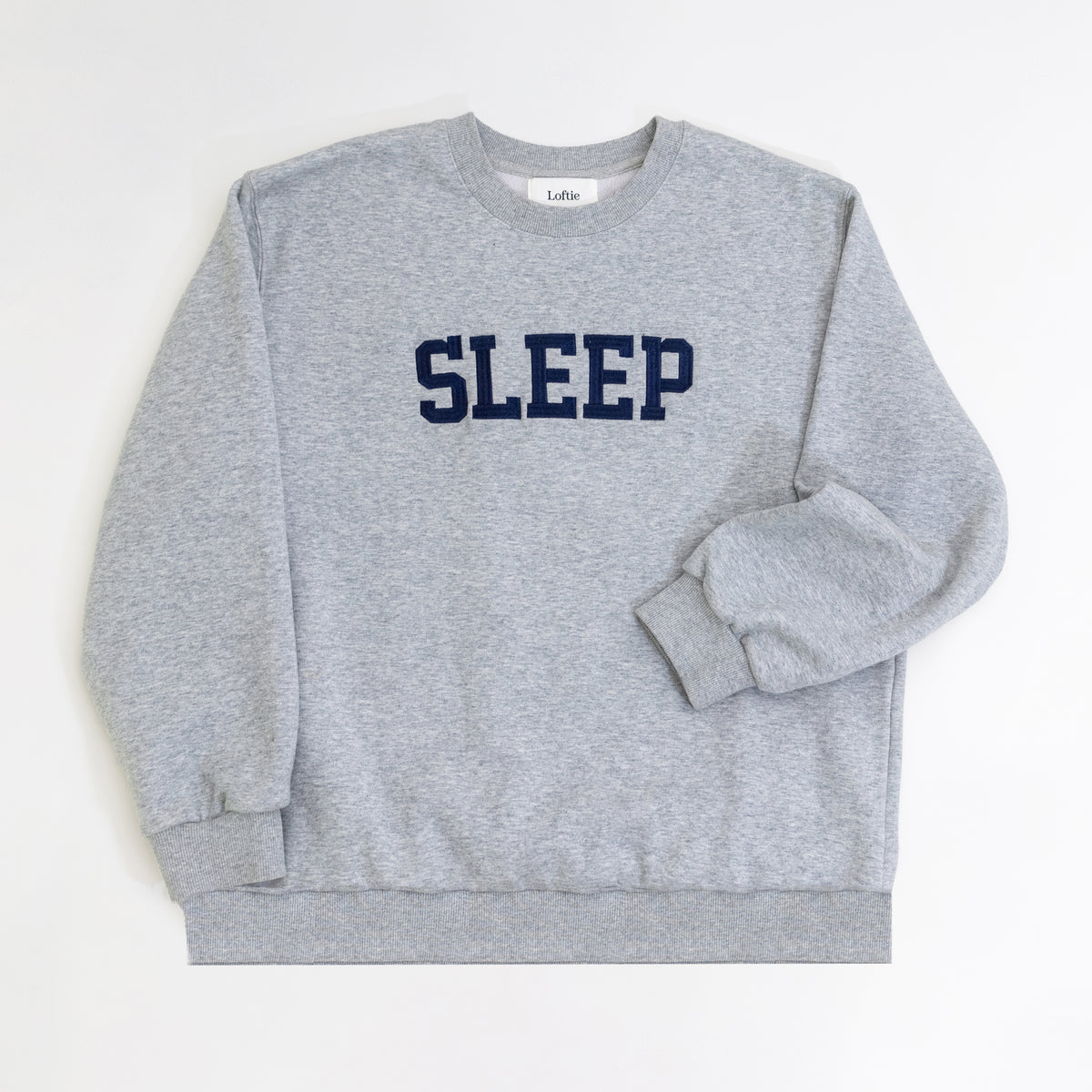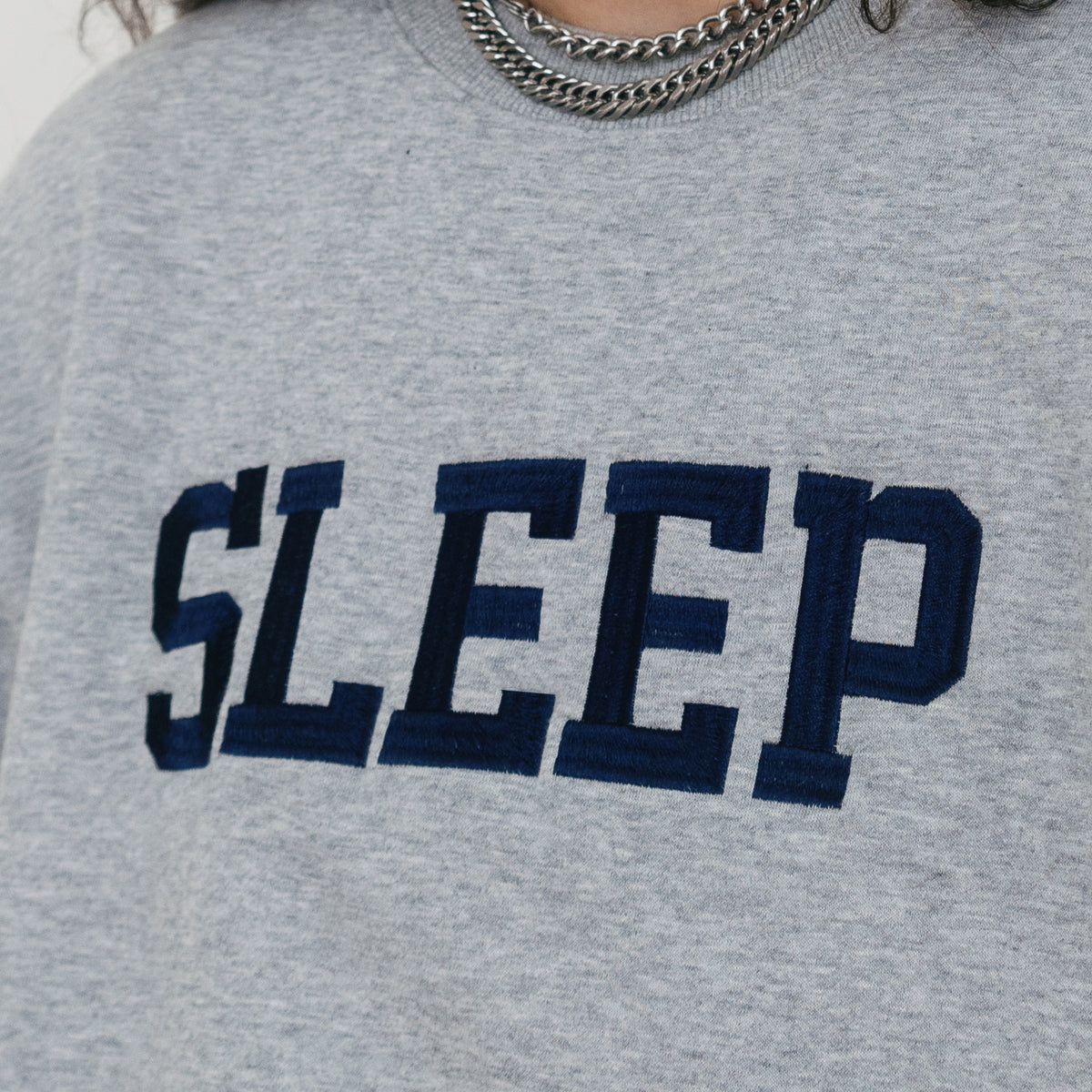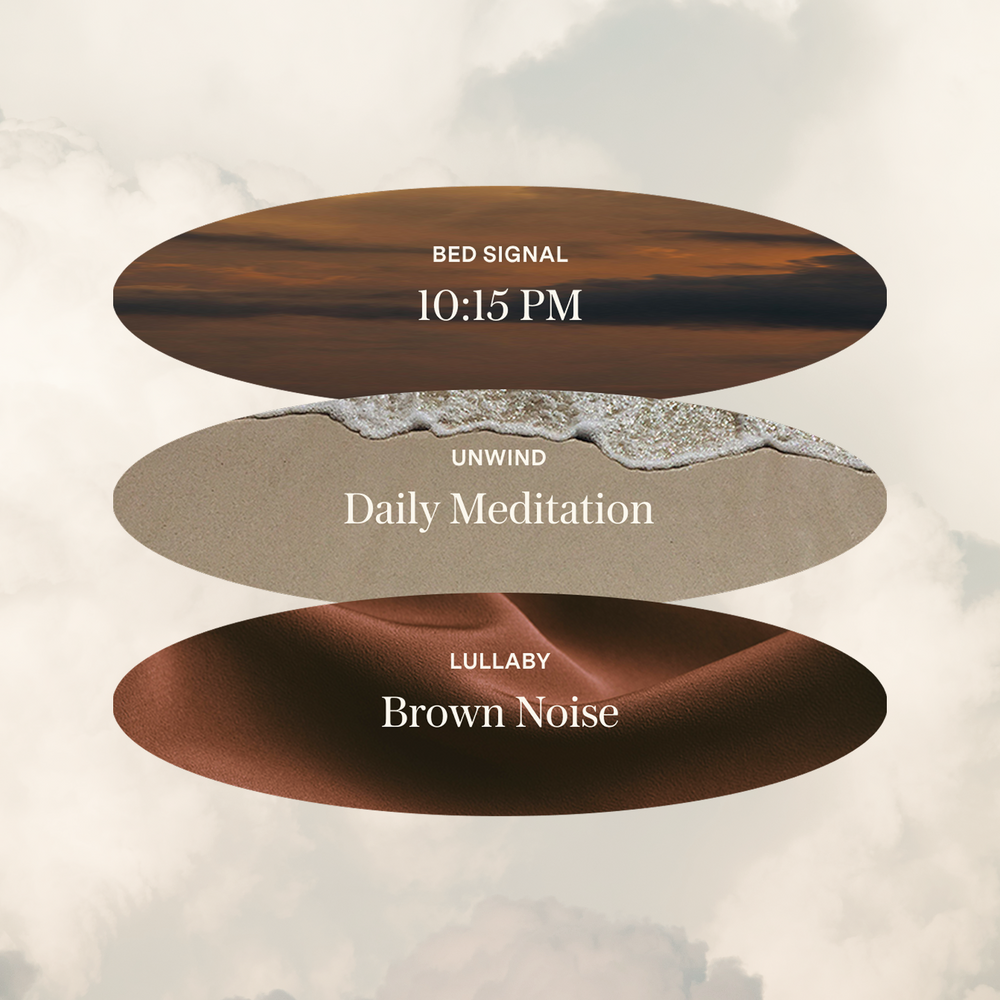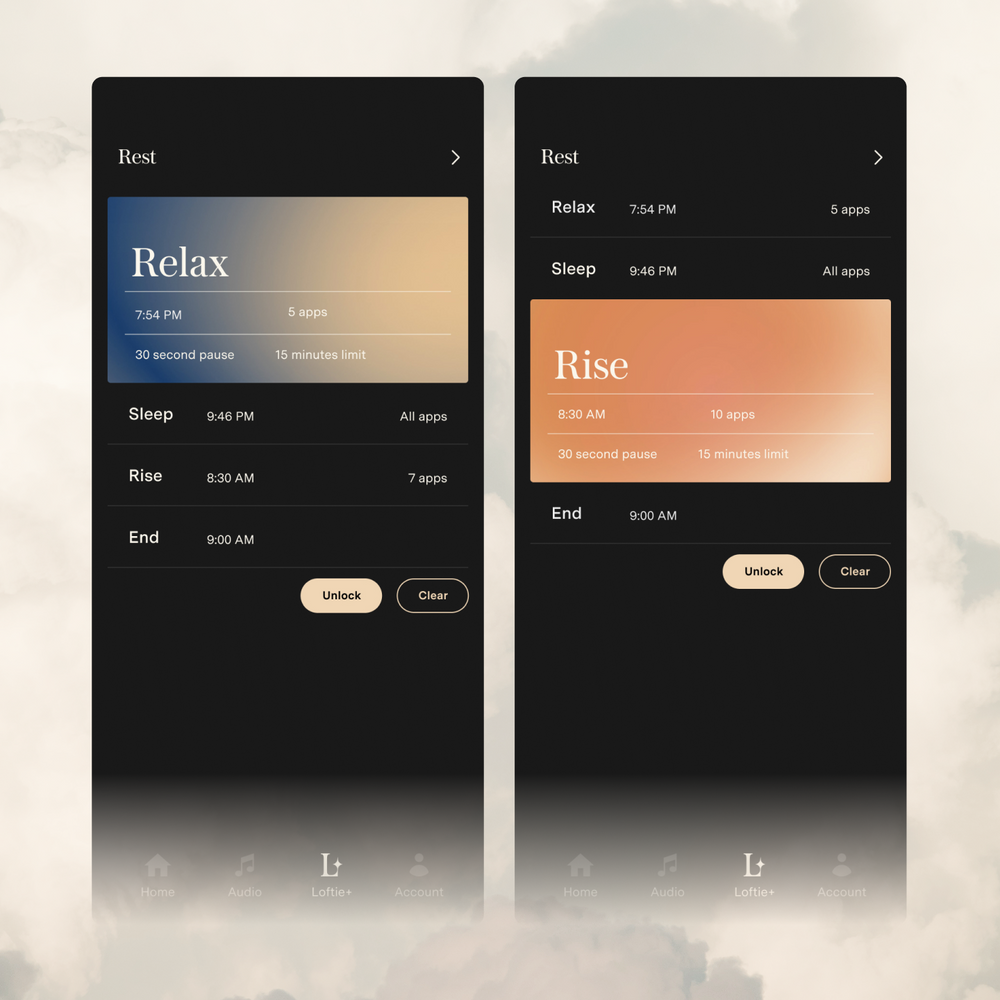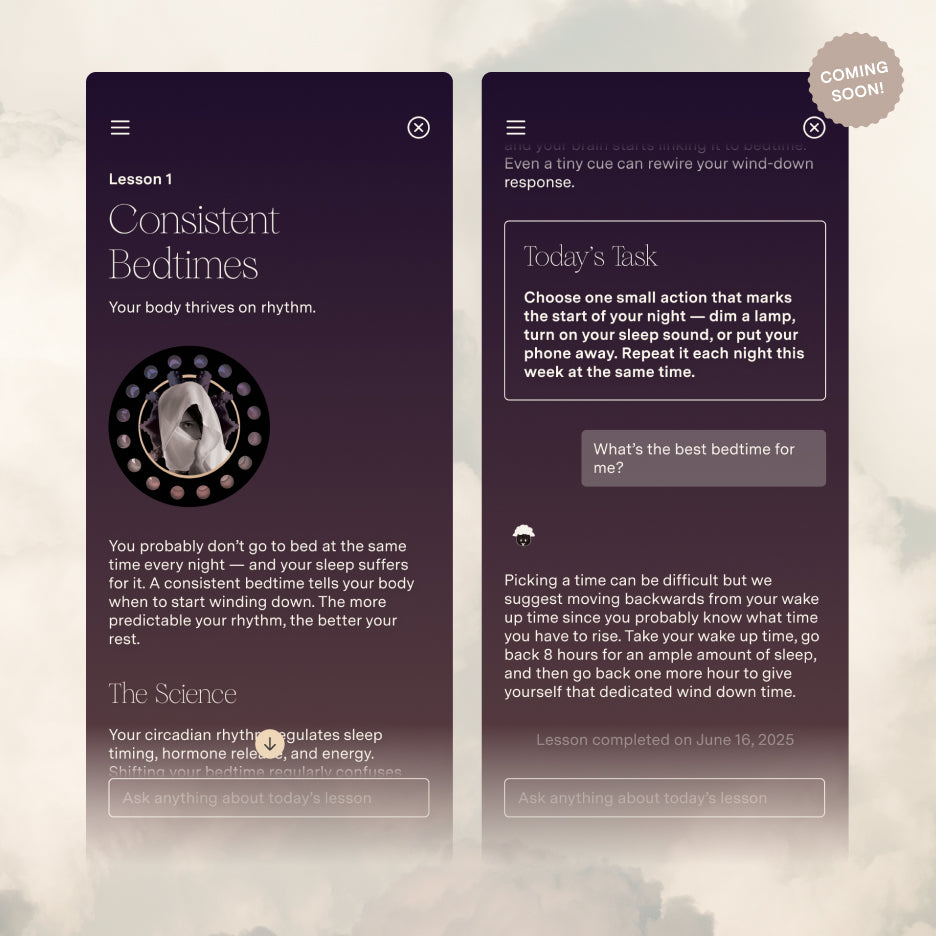Signs Of Teeth Grinding
Sleep bruxism is a sleep-related movement disorder. It presents as teeth clenching or grinding at night and has been linked to other sleep disorders like snoring and sleep apnea.The signs and symptoms may sound obvious to identify, but if you grind teeth in sleep, then you probably aren’t aware until feel the headache and jaw tension. Here are some of the common signs and symptoms to look out for:
- Teeth grinding loud enough to wake you or your partner
- Pain that feels like an earache
- Dull headache in the temples
- Flattened, fractured, chipped, or loose teeth
- Worn enamel or gum line
- Tooth pain or sensitivity
- Jaw tension or a locked jaw
- Damage from chewing on the inside of your cheek
What Causes Teeth Grinding?
The exact causes of bruxism aren’t entirely known but there are several contributing factors that could answer why do you grind your teeth at night:- Increased stress, anxiety, frustration, and anger, especially for aggressive, competitive, or perfectionist personalities
- Increased consumption of caffeine, alcohol, recreational drugs, tobacco, or anti-depressants
- Sleep apnea, a serious sleep disorder that results in interrupted breathing throughout the night
- Misaligned teeth or an uneven bite can cause teeth grinding during sleep
- A combination of physical, psychological, and genetic factors
Stress
Anxiety and stress have an interesting connection with sleep as they can often be interconnected. Experts find that anxiety can affect our ability to sleep and poor sleep can cause anxiety. This is because a nerve runs from our jaw muscles to the part of our brain that connects the fight-or-flight response which kicks in when we experience stress. Studies have found that increased anxiety, stress, as well as anger and frustration can lead to increased teeth grinding at night.Age
Exact numbers are difficult to find because teeth grinding at night occurs when we’re sleeping which can be more difficult to diagnose. However, studies show that teeth grinding at night is more common in children, adolescents, teens, and young adults than it is in middle-age to older adults. The prevalence of teeth grinding in our sleep appears to gradually diminish as we get older.Personality type
Studies show that certain personality types specifically those that lean more aggressive, competitive, or hyperactive may be at an increased risk of bruxism. One study that surveyed 500 adults found that self-reported bruxers were higher to among individuals who also presented personality traits that were described as extroverted and neurotic.Family History
Sleep bruxism tends to also be genetic. If you have a parent or you yourself are experiencing teeth grinding at night then it’s likely that another family member will also.Other Disorders
Bruxism or teeth grinding has also been associated with mental health and medical disorders like Parkinson's disease, dementia, gastroesophageal reflux disorder (GERD), epilepsy, night terrors, sleep-related disorders such as sleep apnea, and attention-deficit/hyperactivity disorder (ADHD).Is Teeth Grinding A Problem?
If untreated, the damage from grinding teeth at night can lead to more serious issues. According to the Cleveland Clinic, the jaw can create up to 250 pounds of force(!!). Chronic teeth grinding wears down enamel which creates sensitivity, chipping (or even breaking!) discolouration, and susceptibility to decay. It can also cause jaw pain and temporomandibular joint dysfunction (TMD), temporomandibular joints (TMJs) which sounds like clicking when you open and close your mouth. And if this isn’t enough to take teeth grinding at night seriously, it can even potentially change the appearance of your face by building up muscle and tension around the jaw.How Can I Stop Grinding My Teeth?
Now that you know the severity, it’s time to look at how to stop grinding teeth in sleep. The first step is to talk with your dentist or doctor about your symptoms. They may suggest a sleep study that can record your sleep habits to get the right diagnosis which could be a sleep disorder or even stress. A dentist may fit your for a protective mouth guard to wear at night which will prevent your teeth from grinding. Stress counseling, therapy, physical therapy, or obtaining a prescription for muscle relaxants are among some of the options that may be offered. In the meantime, there are some things you can try from home like creating a calm sleep environment, introducing soothing sounds or a night light with the Loftie Lamp, practice muscle relaxation in your neck and jaw. It’s also best to cut back or avoid potential aggravators like caffeine, soda, sugar, coffee, alcohol, and gum.Restful Sleep and Healthy Days
Sleep bruxism can be difficult to treat since most people aren’t aware they’re doing it. The best thing you can do is look out for the symptoms and get help from your healthcare provider on how you can finds ways to alleviate the effects and prevent yourself from continuing to grind.

